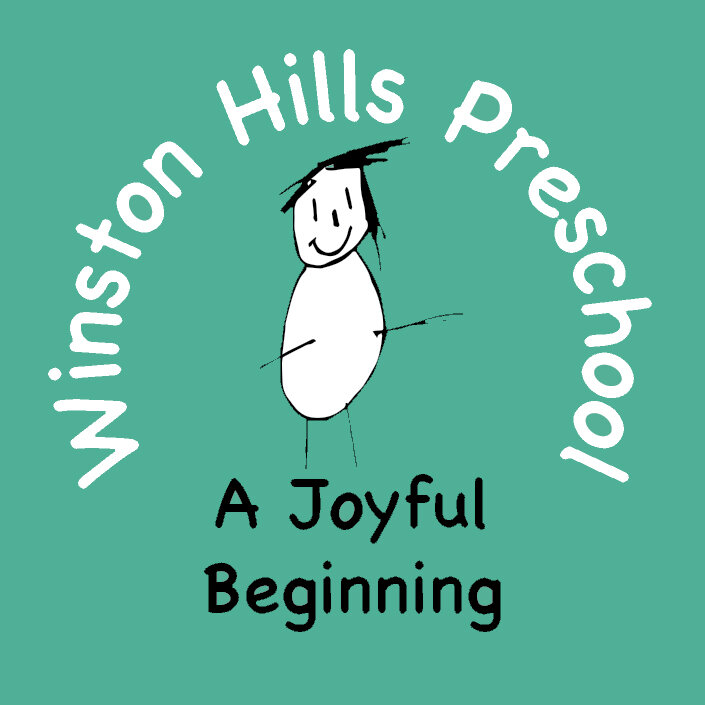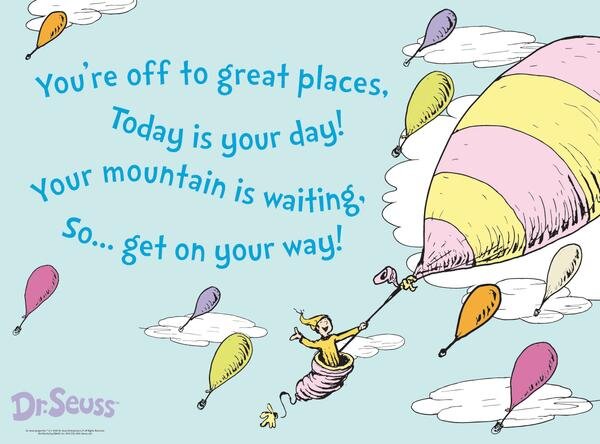Transitioning from 3yo to 4yo kinder
To help your child with their transition from 3 year old to 4 year old kindergarten we wanted to break down what the word transition means in kindergarten? Well it pretty much is exactly what the definition of the word means:
transition
movement, passage, or change from one position, state, stage, subject, concept, etc., to another; change:
How we as educators and you as parents/carers support your child, through that transition is important, particularly the year 2020 when there has been so much upheaval in their world. We hope the tools we have provided are helpful.
BUILDING THE BRIDGE
BETWEEN 3 & 4 YEAR OLD
At Winston Hills Preschool, we believe it is fundamental to facilitate the transition between 3 to 4 year old kindergarten. Transitions are significant times for children and need to be thoughtfully planned. Research informs us that children need to form strong attachments to caregivers both family and educators (Bowlby 1979) to help regulate their emotions and develop a positive sense of self. This forms a strong foundation for early learning (Early Years Learning Framework for Australia.) When children have developed secure attachments with their educators, they are much more likely to feel secure, confident, included and happier! (NQS QA 5: Relationships with children also highlights the importance of forming positive relationships with children).
Teachers from the 4 year old program will join our 3 year old group times for stories, show and tell, songs. Children in the 3 year old program gradually become more familiar with the other teachers (that they may have the following year!) Transitions for children are often less stressful when they have a good relationship with the person/people they are familiar with.
The teaching team from the 3 and 4 year old programs work cohesively in order to reflect, inspire and plan together:
Our 3 and 4 year old programs naturally flow and overlap, creating a continuum of care and learning. Children are invited and welcome to move about both kinder rooms and throughout the shared open, outdoor space. This allows educators to not only recognise and respond to 3 and 4 year old children, but to also develop close relationships across both groups. This occurs spontaneously as well as through intentional/planned experiences amongst children and educators.
There are times when staff will arrange group times that involve both 3 and 4 year old children.
This may occur inside or out and involve elements of drama, music, STEM, etc.
IDEAS & TIPS - With your child
Find a fun routine to make saying goodbye a bit easier:
- Try a high-five
- Bear hug
- Secret handshake
- 3 big kisses + 1 big cuddle
A way for them to connect with you through the day if they are feeling lonely:
- Draw a heart on their hand
- Spray some of your perfume/aftershave on a hankie
- Take a special something of yours in their pocket (nothing valuable)
It's all about food:
- Plan their lunchbox together
- Make & bake with them
- Leave them a note
- Write a message on a banana
- Wrap up a small surprise treat
Practice doing these things by themselves:
- Getting dressed
- Packing their bag
- Going to the toilet
- Applying sunscreen
- Carrying their bag
This gentle song encourages kids to say goodbye with ‘three big kisses, one big cuddle’ by one of our favourite music groups. Teeny Tiny Stevies.
SOCIAL & EMOTIONAL READINESS
Our program views the teaching of social and emotional skills as one of the most important parts of our curriculum. These key areas of development are most important for a child in regard to school readiness. Many parents mistakenly believe that -reading, writing and knowing colours or numbers are the indicators of readiness. This stems largely from the importance placed on these skills when they went through the schooling system. We now know through research that it is the social and emotional skills learnt at kinder that will assist most in the transition to school.
We will be consolidating and supporting your child, to build upon the following social and emotional skills, they have been practicing in their 3 year old kindergarten year:
1. Separate easily at drop off.
2. Able to make a decision independently about where they are going to play
3. Starting to, engage and continue engagement (6 –8 minutes) in play.
4. Working and playing alongside other children
5. Have basic independence skills
6. Sit with their kinder group and engage with peers and educator
7. Self regulate their emotional response when they need to do something they don’t want to do.
8. Solve basic problems and ask an adult or peer for help if needed.
These building of these skills will enable your child to thrive and grow in their new group of peers. Our aim is for your child to have these skills when they start school, because they have had them modelled by educators and they've practiced using them every day. We need to remember though, that these are skills that are developed and learnt over time all the way through our lives.
Your child will have days when their social and emotional skills are challenged. This is when we need to give them time, space and practice our skills of patience!





